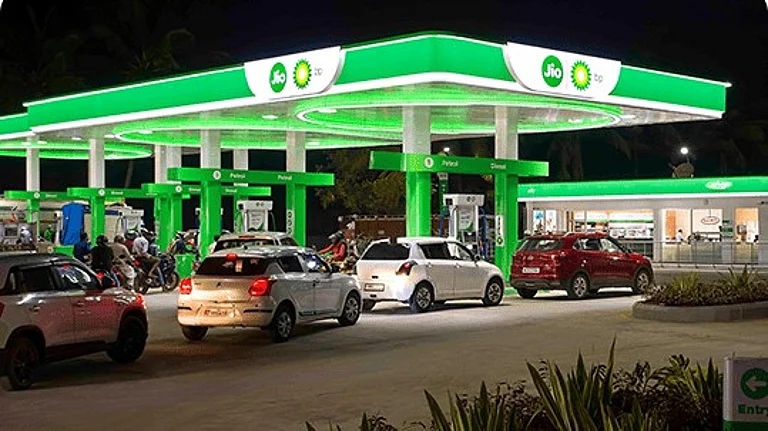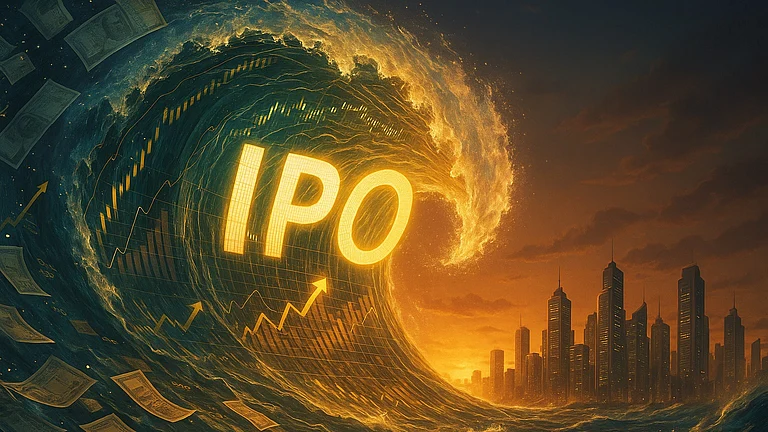SpaceX’s latest Dragon spacecraft flew its first mission carrying a four-person Ax-4 mission to the International Space Station (ISS) for Houston-based Axiom Space.
Ax-4 Mission: SpaceX Dragon Carries Four Astronauts, Including India’s Shubhanshu Shukla to ISS
SpaceX’s Dragon spacecraft launched Axiom Space’s Ax-4 mission to the ISS on June 12, carrying commander Peggy Whitson and first-time space fliers Group Captain Shubhanshu Shukla (India), Sławosz Uznański-Wiśniewski (Poland) and Tibor Kapu (Hungary) for a two-week science and STEM outreach stay
Axiom Space Mission 4, or Ax-4, launched from NASA’s Kennedy Space Center in Florida at 12:02 pm IST on Wednesday, following an extended delay due to leak testing on the ISS.
The mission was scheduled to launch on 11 June but was delayed for two weeks. High-altitude winds postponed Ax-4’s first attempt. A leak in the launch vehicle prompted another delay, but the most recent and longest-standing holdup was a leak aboard the ISS.
The station’s aftmost module, Zvezda, has had a continuous leak for more than five years but has remained stable during that time. NASA delayed Ax-4 last week due to a change in the pressure data used to monitor the leak. On 23 June, NASA announced Ax-4’s new launch date but did not provide an update on the leak.
Peggy Whitson, a former NASA astronaut and current head of human spaceflight at Axiom, commands Ax-4. The mission includes pilot Group Captain Shubhanshu Shukla and mission specialists Sławosz Uznański-Wiśniewski and Tibor Kapu.
This is the first spaceflight for Uznański-Wiśniewski, Kapu and Shukla, who are also the first from India, Poland and Hungary to fly to the ISS. Whitson’s fifth launch to orbit will bring her total time in space to nearly 700 days, extending her record as the United States’ most-flown astronaut.
The Ax-4 crew will spend nearly two weeks aboard the orbiting laboratory, conducting over 60 science experiments and STEM (science, technology, engineering and math) outreach programmes, the most on any Axiom mission to date.
Group Captain Shubhanshu Shukla
The mission’s pilot, Group Captain Shubhanshu Shukla, has become the second Indian to travel to space.
In just over 26 hours, when the spacecraft arrives at the ISS, Shukla will become the first Indian to visit NASA’s orbiting laboratory.
His mission comes 41 years after cosmonaut Rakesh Sharma became the first Indian to fly into space on a Russian Soyuz in 1984.
Moments after liftoff aboard SpaceX’s Falcon 9, Shukla sent a stirring message from space: “Namaskar, my dear countrymen! What a ride! We are back in space after 41 years.” Orbiting Earth at 7.5 km/s, he proudly noted the Tiranga on his shoulder and dedicated the mission to every Indian. Calling it not just a journey to the ISS but the beginning of India’s human space programme, he urged the nation to join in this new chapter. “Let your chest swell with pride,” he said. “Together, let’s launch India’s human space programme. Jai Hind! Jai Bharat!”

